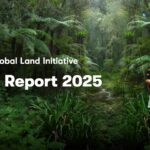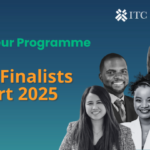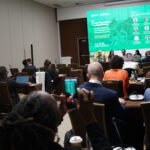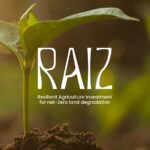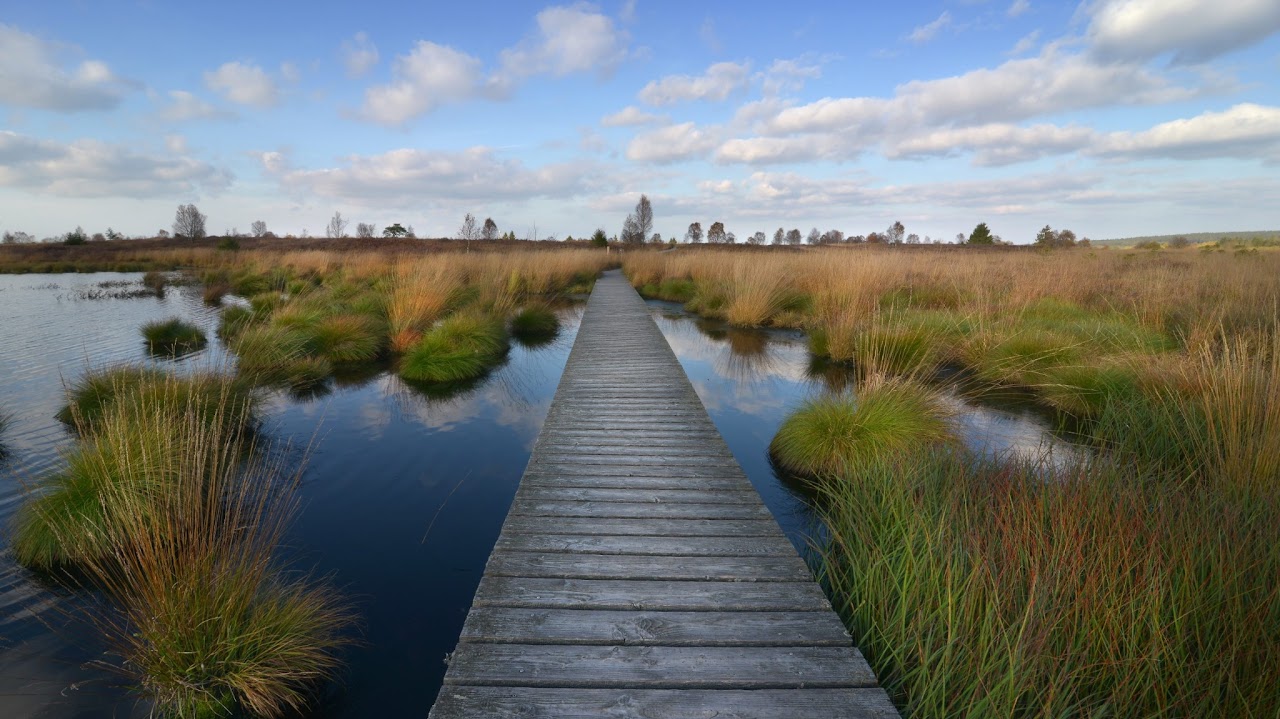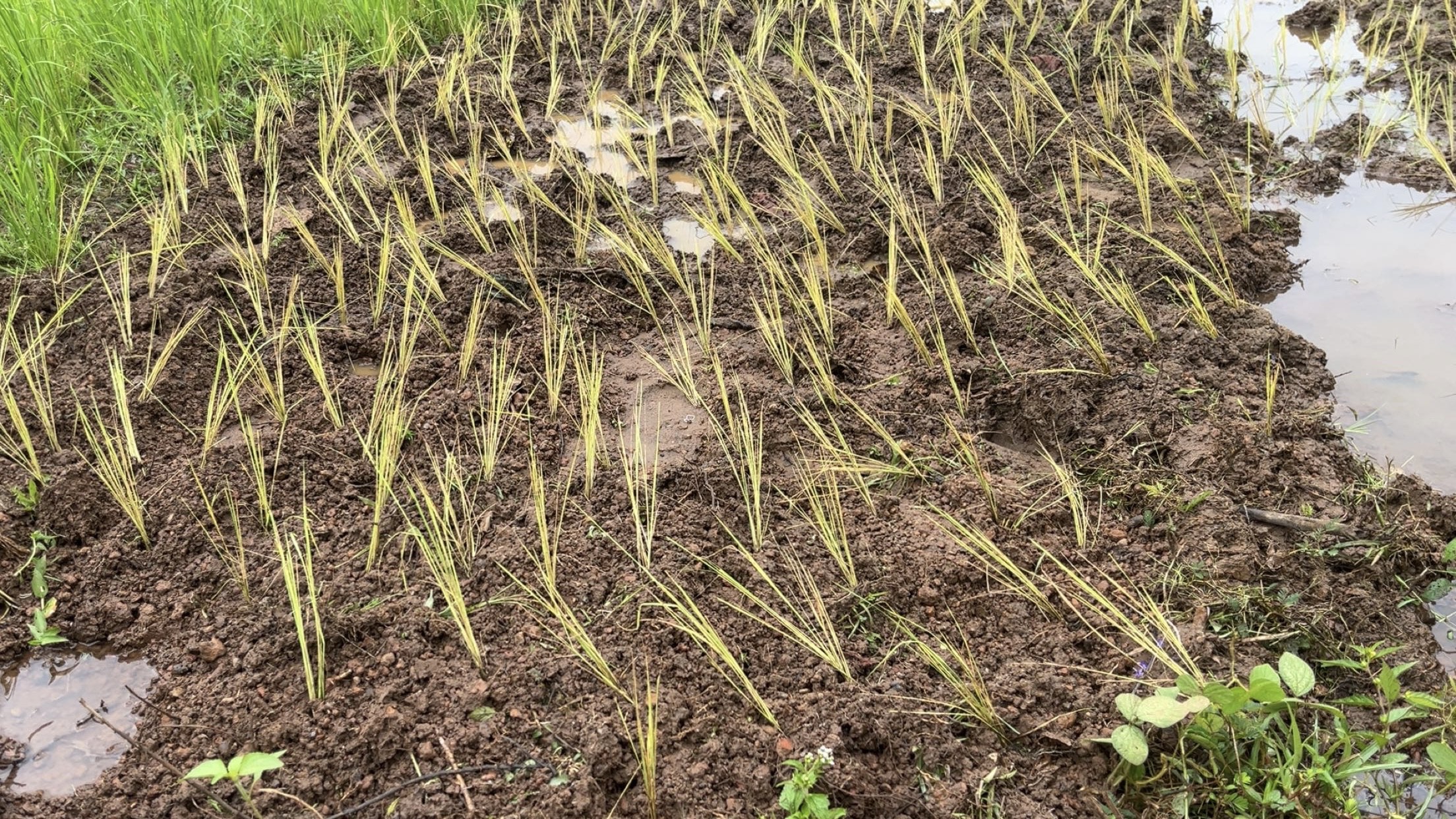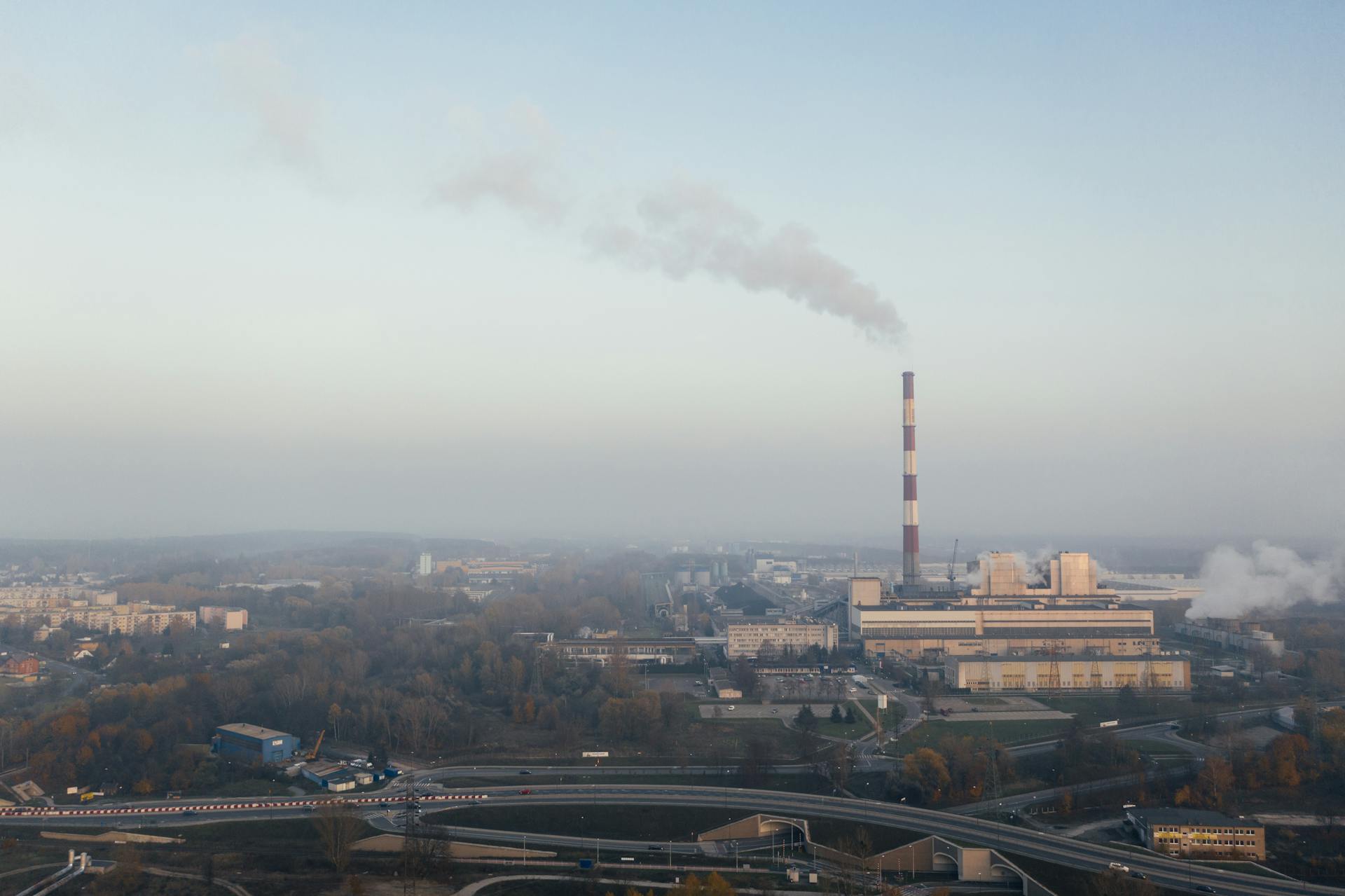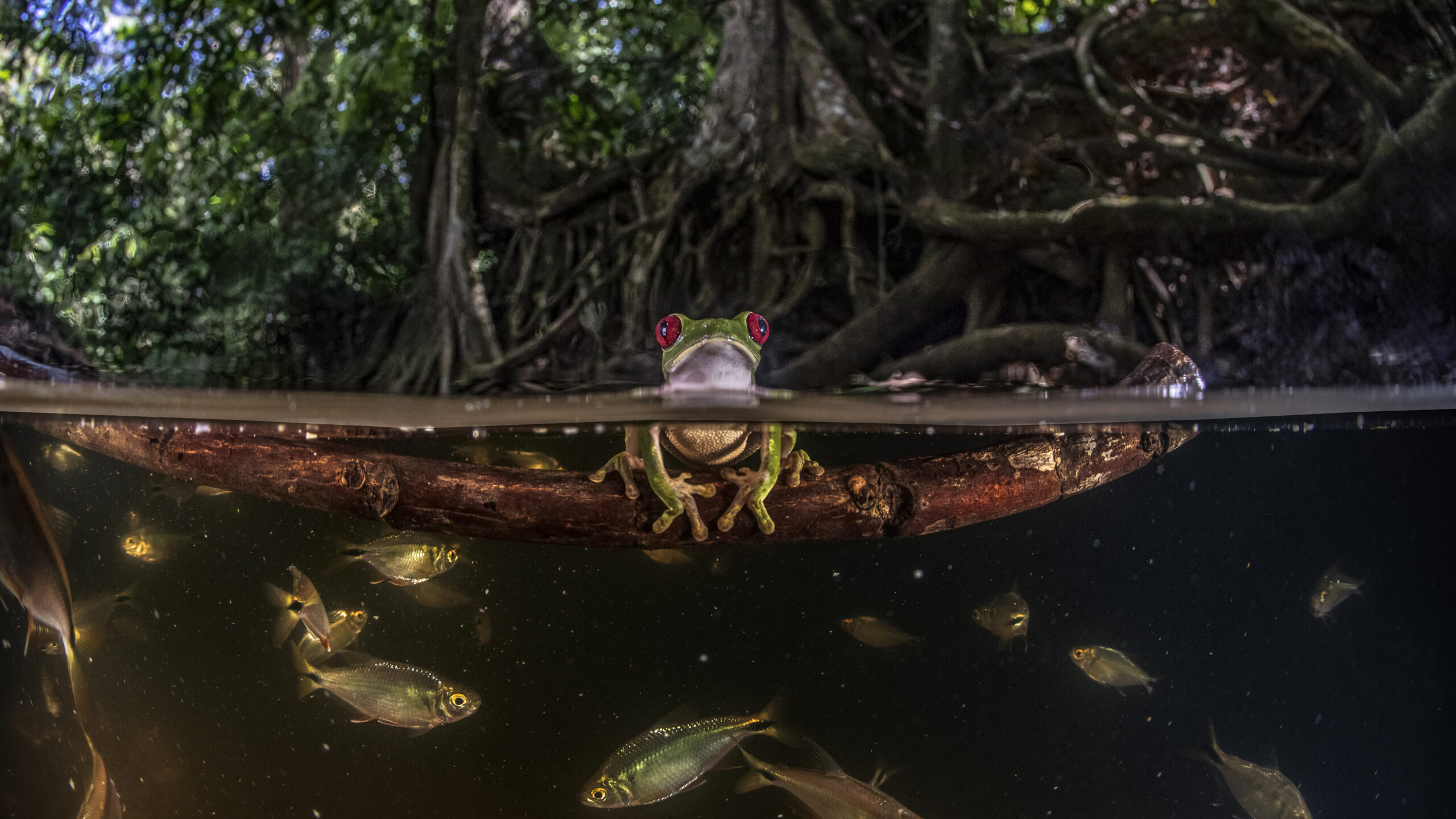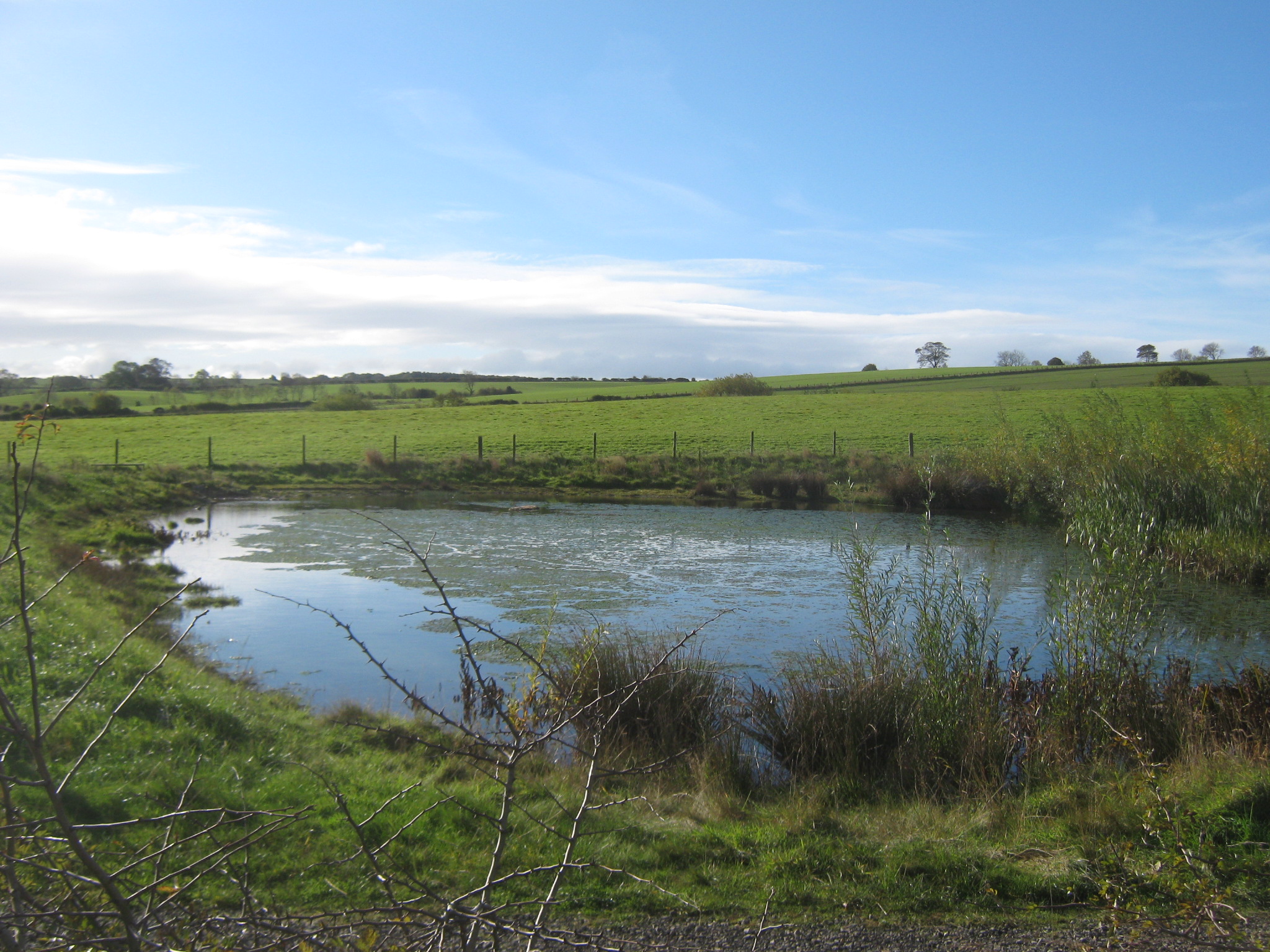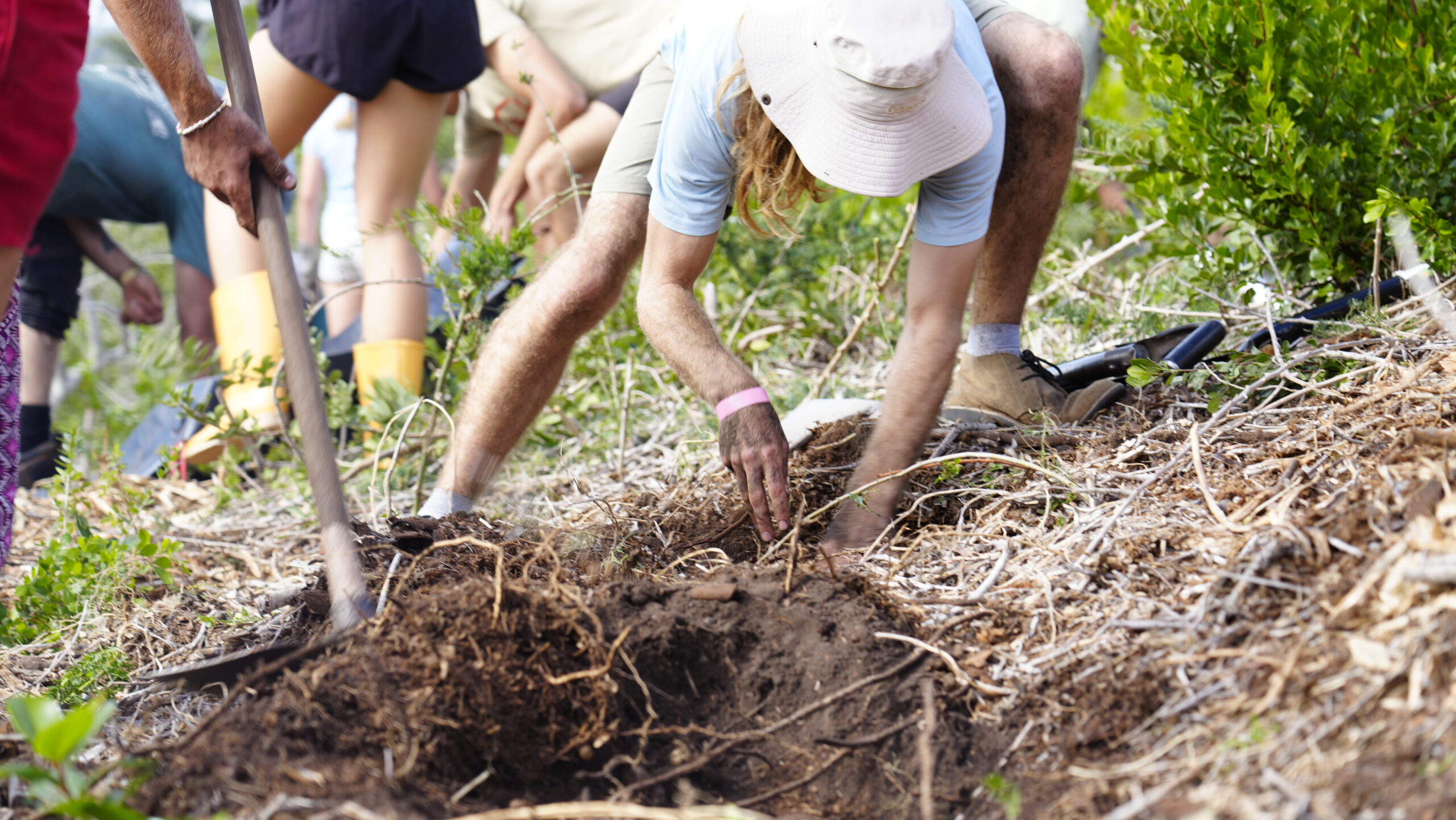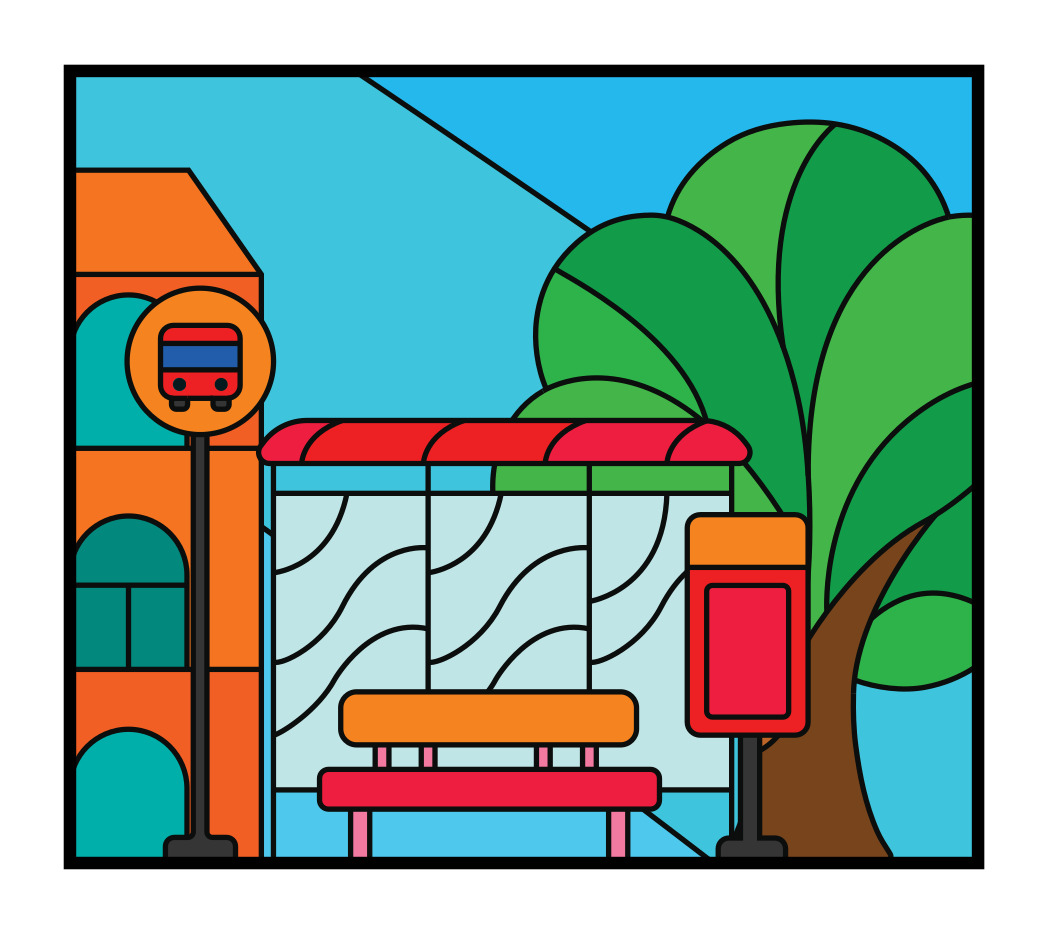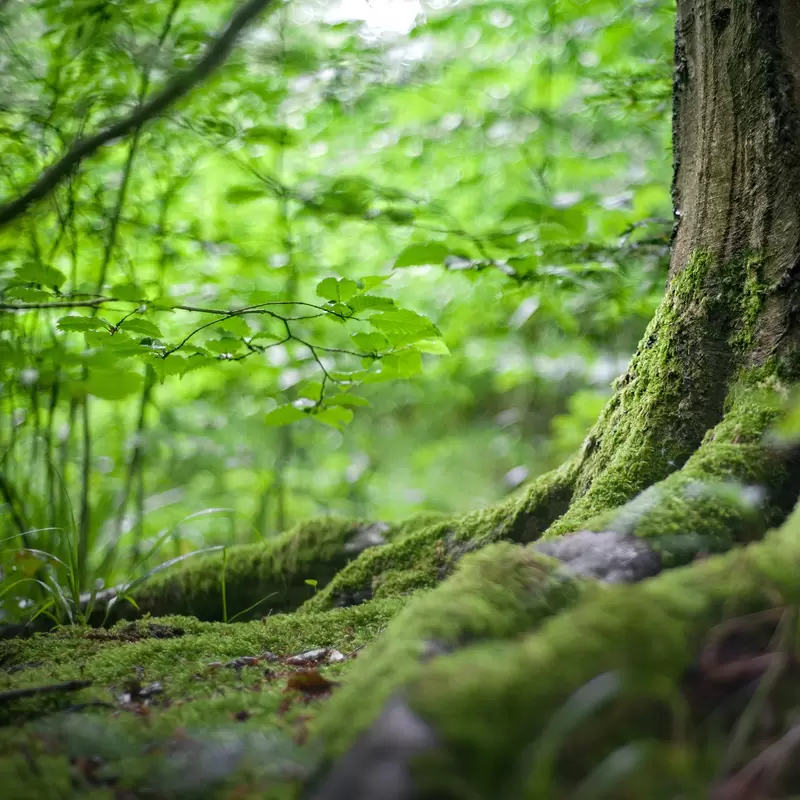A Call to Action through education at IUCN World Conservation Congress, Abu Dhabi
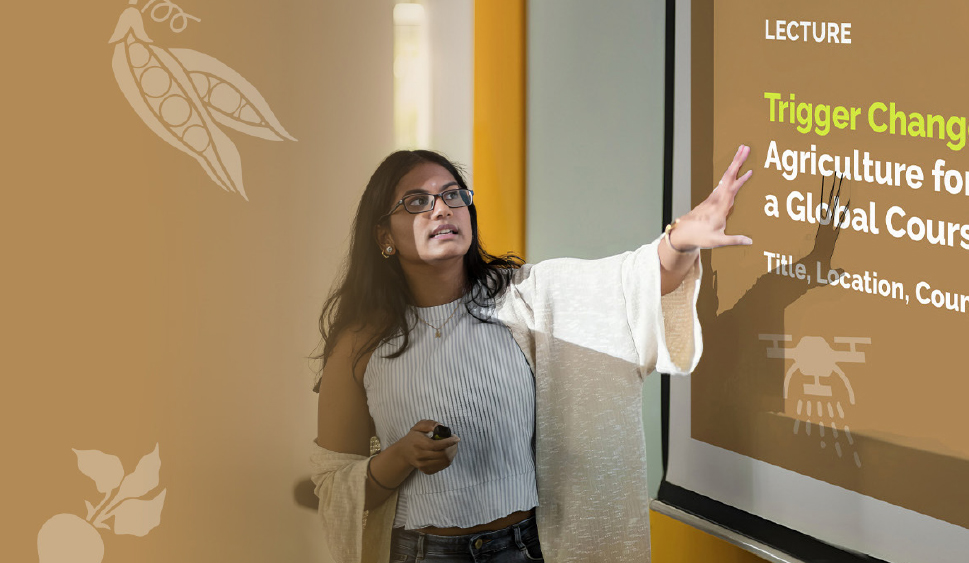
Photo credit: UNCCD/G20 Global Land Initiative
The world of conservation of nature has converged in Abu Dhabi, United Arab Emirates for a week of updates on: the status of endangered species, new tools for monitoring conservations efforts and new environmental education efforts as well as negotiations between International Union for the Conservation of Nature (IUCN) members to shape conservation policies and to vote on the next IUCN four-year programme.
IUCN is the world’s oldest and largest environmental network. It brings together governments, civil society and indigenous groups to conserve nature through scientific knowledge and international cooperation. Its World Conservation Congress (WCC) takes place once every four years.
Main themes:
- scaling up resilient conservation action
- reducing climate overshoot risks
- delivering on equity
- transitioning to nature-positive economies
- disruptive innovation and leadership
UNCCD’s G20 Global Land Initiative is present at the IUCN WCC 2025, for the first time with a well-attended booth to engage with participants and a session titled:
Triggering Change in Education for Sustainable Agriculture Systems — A Call to Action!
Led by Dr. Karen Sudmeier-Rieux, this full-house session introduced innovative open-access learning tools co-created by global universities and sustainable agriculture experts. The other panelists were Dr Cora van Oosten, Director Capacity Development & Education at The Center for International Forestry Research and World Agroforestry (CIFOR-ICRAF) and Diana Garlytska, IUCN Youth Advisory Committee Chair, IUCN Commission on Education and Communication, Regional Vice Chair for West Europe.
The discussion underscored how poor farming practices can drive degradation — and how education can turn agriculture into a driver of restoration.
“We need to unlearn, then relearn our linear teaching approaches in higher education to better educate our students about connectivities between food systems, forests and landscape restoration,” said Dr van Ooosten.
Diana Garlytska, an academic and youth activist from Ukraine, pointed out that “young people around the world are looking to education as a way to be empowered with skills to tackle complex world problems with innovative solutions but education often falls short. More transdisciplinary courses are needed that address ecosystem restoration to bridge that gap.”
Participants explored:
- Open-source courses and case studies for educators and students
- Approaches to teaching restoration across disciplines
- Opportunities to join a growing community of practice on sustainable agriculture
The session concluded by a challenge and call to action for more open source educational materials to empower the next generation of restoration innovators and leaders.
These conversations at IUCN WCC 2025, reinforced the message that restoring land begins with reconnecting ecosystems — and rethinking how we learn to care for them.
Visit Trigger Change! Innovative Solutions to Sustainable Agriculture for Land Restoration, for more information, an open source kit for universities and training institutions teaching agriculture-related topics.
For more information, visit the CIFOR-ICRAF course on agroforestry “Restoration Education”, co-funded by G20 GLI/UNCCD
